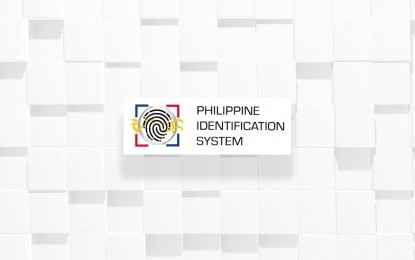
DAVAO CITY – Philippine Identification System (PhilSys) applicants are advised to go to registration centers strictly on the scheduled date written in their appointment slip, the Philippine Statistics Authority (PSA) said.
In a post on its website on May 14, PSA said registrants who have appointment slips with new schedules are given priority.
“Their application will be processed on the scheduled date because we strictly follow safety protocols for our safety,” PSA said.
Registrants are also reminded that if they have not received a text indicating the specific date on their appointment slips, they should wait for the next announcements from PSA, Barangay, or Facebook Page.
Moreover, PhilSys applicants who do not have an appointment slip may opt for online registration.
PSA said they should only go to the registration center based on the scheduled date texted to them by PSA.
The process of PhilSys registration has been systematized by PSA in line with health protocols related to the coronavirus disease pandemic.
“All of us will have a National ID. We ask for your understanding and cooperation to make our PhilSys Registration safe and smooth,” the post read.
Currently, the online registration is only applicable for Step 1 which is the collection of one’s demographic information such as name, address, and birth date.
Following the collection of demographic information is the appointment setting for Step 2, which will collect biometric information such as fingerprints, iris scan, and front-facing photo
To fully comply with existing health standards and to allow more people to register for PhilSys, PSA said it is planning to make available the appointment setting for Step 2 online.
Signed into law by President Rodrigo R. Duterte in August 2018, Republic Act 11055, or the Philippine Identification System Act, aims to establish a single national ID for all Filipinos and resident aliens.
The national ID shall be a valid proof of identity that shall be a means of simplifying public and private transactions, enrollment in schools, and the opening of bank accounts.
It will also boost efficiency, especially in dealing with government services where people will only need to present one ID during transactions. (PNA)
